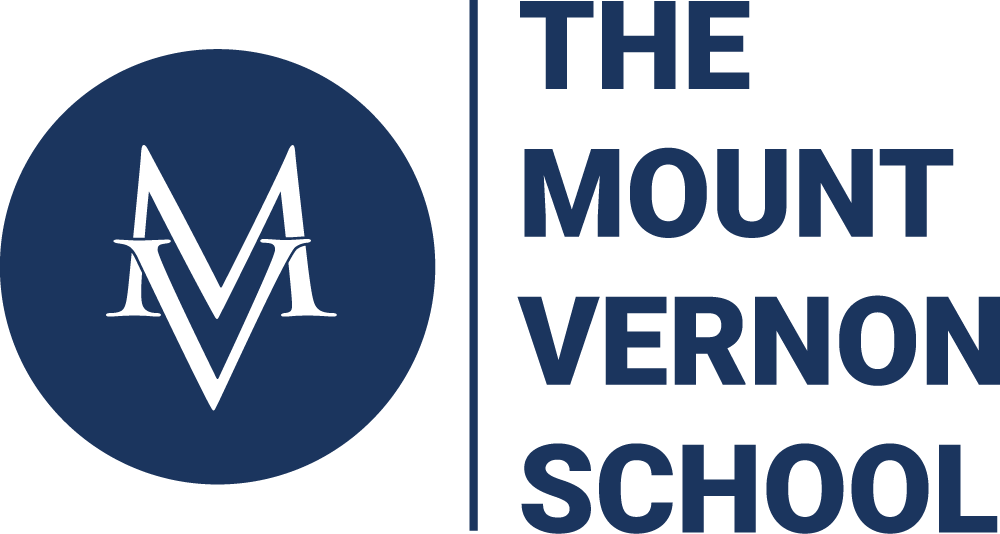Contributed by Eileen Fennelly, Lower School Science Teacher
Who are modern explorers and where are they exploring now?
This question came from Mount Vernon fourth graders as they were working on a Project Based Learning (PBL) unit about The Age of Discovery last December. Their curiosity stemmed from Modern Exploration.
Fourth grader Dalton Siggers asked, ”What about all of the new space companies? How are they going to give people rides if they are not astronauts?”
The students decided that they wanted to research and learn about space tourism, Mars exploration, rockets, and satellites. They had great questions to begin to find out about modern space exploration:
- Where is all of this work happening?
- Why is so much happening now?
We began by looking at our solar system and talking about why Mars was a good choice for space exploration. Students began to ask questions:
- What is NASA?
- Who do they work with?
- What are the private space companies?
- Who builds the space suits astronauts use?
- What is the International Space Station?
We were fortunate to have Dr. John Bradford join our class as an Expert in Residence. Dr. Bradford is the COO of SpaceWorks Engineering in Dunwoody, and also Harris’ father. Spaceworks is involved in cutting-edge research and development in aerospace technology. They build cube satellites for BLINK to help farmers track the amount of water they need for their crops and design rockets for Blue Origin, Jeff Bezos’ space tourism company.
Dr. Bradford discussed the variety of new companies and tools that are being designed for use on the International Space Station. The students enjoyed learning that all of these new projects need aerospace engineers and graphic designers, people who can help to tell the story of these new designs. It became clear that it is going to take Innovators, Collaborators, and Ethical Decision Makers to be a part of this new exploration.
Dr. Bradford’s information led to a new line of questions:
- How do the scientists test these rockets?
- How can you control the direction where the satellites and rockets fly in space?
We conducted experiments with balloons to test direction and thrust, which answered some of their questions. The students wondered how one might test thrust and direction before actually putting it on a rocket or satellite. Dr. Bradford connected us with Dr. Mitchell Walker at Georgia Institute of Technology to learn more. Dr. Walker is in charge of the High-Power Electric Propulsion Lab (HPEPL) at Tech. In the Structural Laboratory there, aeronautical students design and test satellites for many companies and government agencies.
HPEPL at the Georgia Institute of Technology Department of Aerospace Engineering was founded in 2005 under the direction of Prof. Mitchell Walker. Our primary interests lie in the characterization of electric propulsion (EP) devices, plasma physics, non-invasive plasma diagnostics, and vacuum test facility effects on
Dr. Walker graciously gave us a tour of his lab and shared his time with our fourth grade students. On Tuesday, March 19, the entire grade level traveled to Georgia Tech to explore and learn more about his lab. He explained to the students how they are able to create the same conditions in space in their vacuum chamber so that they can test their ideas in space conditions. The students were amazed at the amount of electricity that it takes to run the experiments and the number of safety procedures that are in place. Many students asked what they would need to do in order to be a part of this program and Dr. Walker explained, “Engineers use math to tell the stories and solve the problems they are working on — much like you would write a story about an idea you had.”
It is so wonderful to hear a student comment, “I had not thought of numbers of like that.”
When we follow our students’ curiosities, build relationships with our Experts in Residence/External Experts, and venture out on expeditions to learn more about real world work, Mount Vernon students will continue to stretch and develop the skills to excel in school and beyond.
Thank you Dr. Bradford and Professor Walker!









